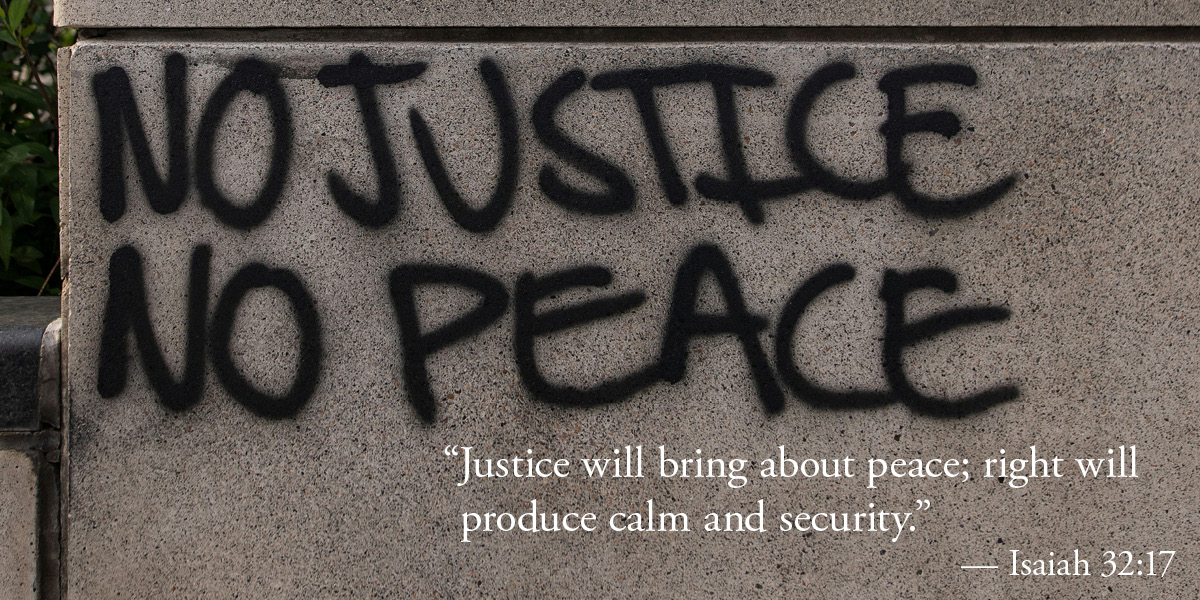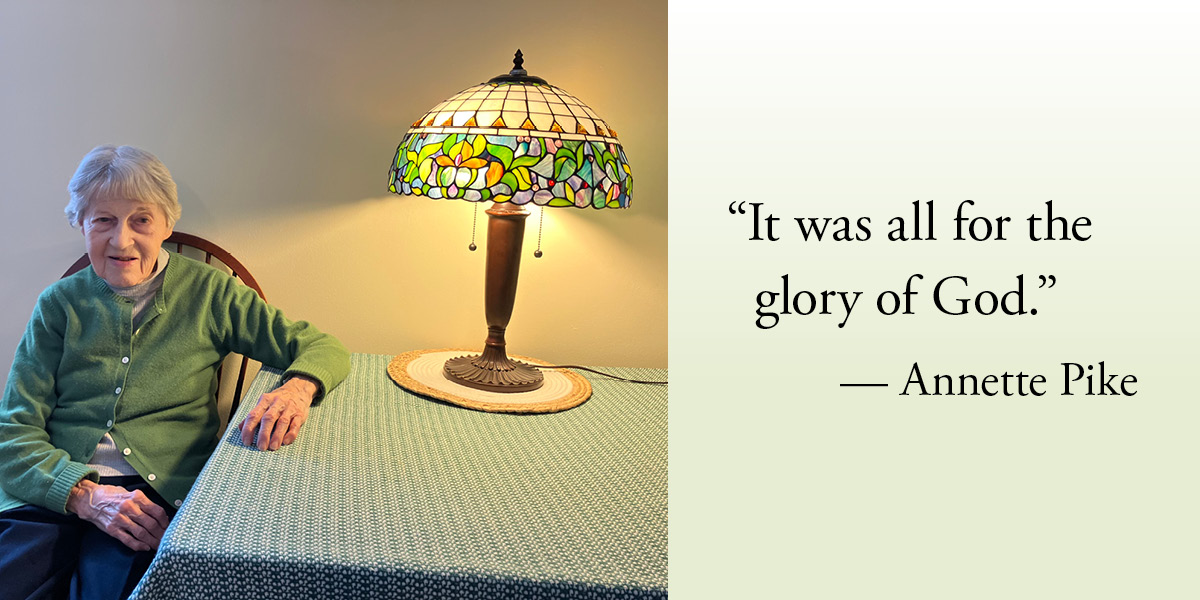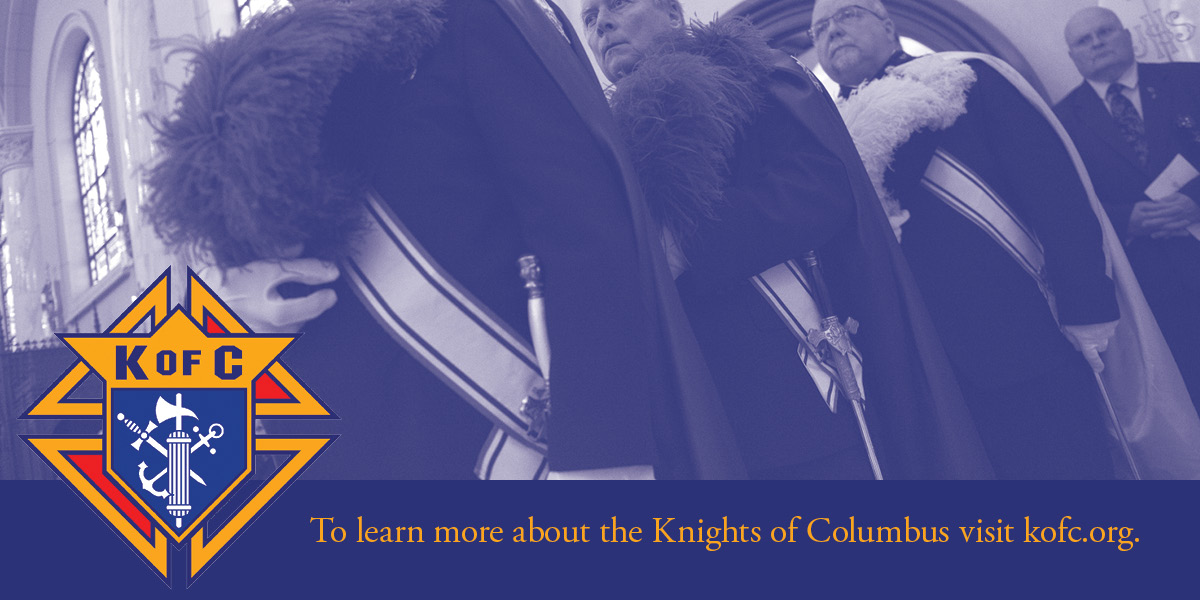
From Jan. 2 to Feb. 16 Deacon John Magnier of St. Catherine of Siena Parish in Shelburne, an employee of the Department of Homeland Security, was deployed to Eagle Pass, Texas, to assist with the processing of migrants at the southern border. He spoke about this experience with Deacon Chris Noble of Our Lady of the Angels Church in Randolph, St. John the Evangelist Church in Northfield, and St Anthony Church in Bethel. Below is a portion of their conversation.
Can you describe your initial impressions on arriving in Eagle Pass?
I was shocked! What I saw was nothing like what you see and hear in the media. First, the size of the operation. Unless you have been here it is hard to imagine the huge numbers of people involved.
Second, if you listen to the media, it sounds like there is an angry “standoff” between state and federal agents on the ground. That is just not so. Both federal and state agents on the ground respect each other and realize that they both have a job to do – but that job … let’s call it mission … is different at the state and national level.
Finally, you quickly realize that, across the border, the cartels are in charge, very organized, and making a ton of money. Of the people we process, none leave Mexico without the consent of the cartels. Surprisingly, the cartels not only control the physical movement of people but even the messaging.
What can you tell us about the people coming across the border?
I can just tell you about what I saw as a processing official responsible for data entry and background checks. Over half were families, and by that, I mean young mothers with children. The rest were service-age men. Only a very few had previous criminal records. While doing the intake interview, I had no idea if they were going to be deported or allowed to stay in the U.S. That decision is made further down the process.”
What can you tell us about the process?
The initial interview and background check is comprehensive and formal, and for some — particularly the families — very stressful. You see a lot of worry and anxiety. They had just made a very dangerous trip of hundreds or even thousands of miles, and now their entire future would soon be decided.
They all believe there is a better life in the U.S., so much better that the cost and risk of the dangerous journey is worth it.
Are the basic needs of the people being taken care of once they cross the border?
The physical needs of the people are being well cared for. Food, clothing, shelter, even medical care for those who need it. What is not addressed at all is spiritual care. Most of the people I processed were from places that have strong Christian beliefs, and none of the spiritual needs were being addressed.
As an ordained permanent deacon in the Church, it must have been hard to see all that human suffering, and spiritual need. How did you react to that?
The biggest challenge for me was the families; it is heartbreaking to see what they were going through, I wanted to give them hope. But that is very hard. I had no idea if they would be admitted or deported, and I struggled with the question of giving hope when the outcome likely would not be what they wanted — by that I mean they would be deported.
By procedure, processors are required to be very formal and straight-faced and not engage at all with the people. This is counter to what your heart is telling you to do. Your heart is telling you to be empathetic and consoling, but your mind and procedure are telling you to remain detached.
By entering our country without proper permission, I certainly knew that they had broken our law. But there is another side to it, particularly when you are sitting there face-to-face with the human reality. Most times this was a scared mom with her children, hoping and praying for a better life in the U.S. What would you do?
How did you handle that spiritual struggle?
“The first two weeks were hard. I took it to prayer – Lord what do you want me to do? I also found a wonderful parish church here in Eagle Pass. Our Lady of Refuge is just four blocks from the border with Mexico and experiences the fallout from the crossings every day. The pastor there, Father Juan Gasper, OMI, is just amazing – and as you can imagine he has been dealing with the difficult human question of unlawful border crossings all his adult life. Father Juan is a gifted priest who radiates God’s love! He was great spiritual support and even gave me tips on homilies.
I also had strong support from my fellow deacons in Vermont. Their prayers and discussions were very helpful.
This experience was life-changing — seeing the risks people will take to get here I have a new and strong appreciation for the life we have here in the U.S. Maybe we take for granted how good we really have it here.
I also learned it is never wrong to offer hope – even when hope is hard to see! By procedure, I was not allowed to speak words of empathy and consolation, but I could and did think them. I could also “see” our Lord in the people I processed. After I started doing that, things got much better for me, and I felt a real peace. I am one person working for God’s Kingdom – and it is OK if I don’t see the results of my efforts.
Even when circumstances prevent ministering and offering the peace of our Lord to those suffering, we can always pray for them and respect and love their humanity. It makes a real difference to them and in us. …
My pastor, Father Dwight Baker, always emphasizes that we are “all God’s children.”
And St. Catherine of Siena said, “Be who God meant you to be, and you will set the world on fire.”
—Originally published in the Spring 2024 issue of Vermont Catholic magazine.





